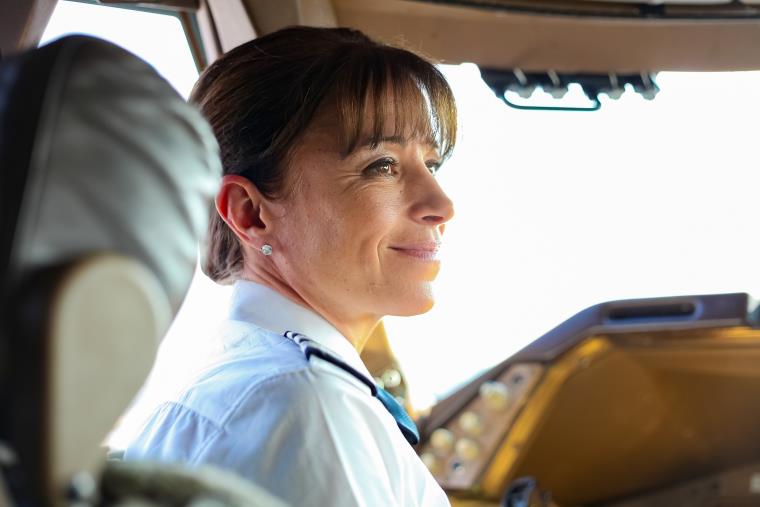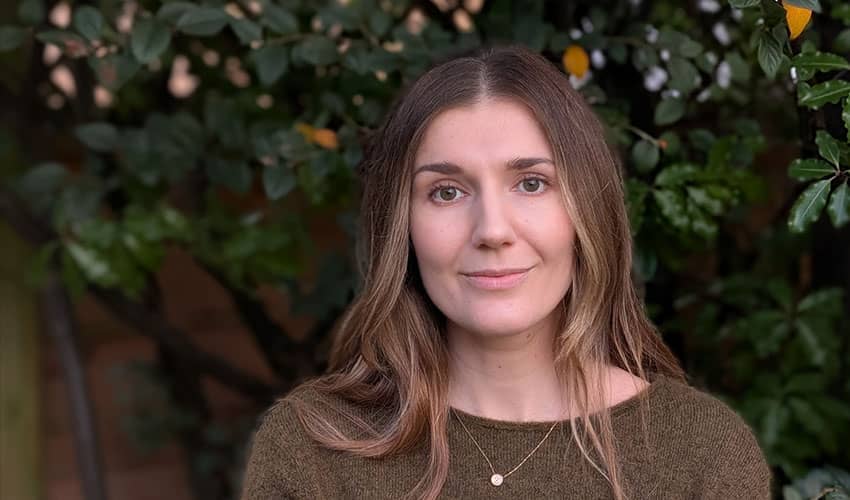New report on discrimination and lack of diversity in airline training

A major report released today shines a light on the significant problem of gender discrimination and the lack of gender diversity amongst pilots in the airline industry, with a specific focus on the airline pilot trainer role.
The report is made publicly available in time for International Women’s Day on 8 March 2022.
The joint report by the Royal Aeronautical Society (RAeS) and the University of the West of England (UWE Bristol) considered survey responses from more than 700 airline pilots worldwide, 750 personal testimonials and eight hours of focus groups.
The study investigates why so few pilot trainers are female and explores the barriers to female pilot career progression.
While women make up only 5.26% of the global pilot workforce, the numbers of female pilot trainers are even worse. For example, in the UK just 0.9% of Type Rating Examiners (TREs), a type of airline trainer, are women (CAA, 2022).
Among the report’s major findings were some extremely concerning reports of overt and covert sexism and sexual harassment towards women, including frequent reports of an “old boys’ network” and a lack of female role models and mentors.
Structural barrier identified include: a lack of transparency around recruitment and selection; and the vast majority of airlines and training organisations refusing to allow pilot trainers to work part-time, which has a disproportionate effect on women.
In addition, 42% of women in the survey reported that they had been treated differently at work and 30% that they had been discriminated against, due to their gender.
Captain Marnie Munns FRAeS, a current airline pilot, and one of the report’s authors said:
“Training is the first point of contact for the next generation of pilots and if we want to attract the best talent, we need to ensure we appeal to everyone with the right abilities irrespective of gender, ethnicity or age. A much more diverse training department will ensure that there are visible role models and a more inclusive training environment for all.”
Professor Susan Durbin FRAeS, MCIPD, from UWE Bristol, said:
“This independent report reveals the experiences of pilots and pilot trainers across the UK and international airline industries. It is clear from the findings that the industry is a long way from achieving gender equality, for example, not offering the pilot trainer role on a part-time basis is detrimental to women as it holds them back from progressing their careers and excludes them from training roles. I sincerely hope that the industry will seriously consider the findings of this report and take the necessary recommended actions. Through this study, we have enabled the voices of men and women in the industry to be heard; I believe it is time for the industry to listen and take urgent action.”
David Edwards FRAeS, Chief Executive of the Royal Aeronautical Society said:
“I am pleased that the Royal Aeronautical Society has been involved in researching this important topic.
“I am proud of the role the Royal Aeronautical Society has played in promoting diversity and inclusion in our industries. Our Alta platform, which seeks to link up women in aerospace and aviation with mentors, has been a great success, and will hopefully help to tackle one specific problem raised in the report – that of a lack of female role models and mentors.
“The issues highlighted in this report need to be urgently addressed. As the airline industry recovers from the devastating impact of Covid it should look at any lessons that can be learnt, especially around part-time working, which has been shown to work during this period.”
Related news

16 February 2026
UWE Bristol researchers awarded grant to explore impact of asset recovery on offenders
UWE Bristol academics have been awarded funding to explore of the impact of asset recovery on deterring offender behaviour and disrupting crime networks.

10 February 2026
Work by UWE Bristol lecturer features in Government’s National Cancer Plan
Work by a UWE Bristol academic has been included in the Government’s National Cancer Plan.

23 January 2026
On-demand minibus services beneficial in rural areas but face financial challenges, trials suggest
Trials of ‘demand responsive transport’ minibus services boosted connectivity for people in rural and suburban areas, according to a new report produced by UWE Bristol researchers.

18 December 2025
UWE Bristol professor appointed National Institute for Health and Care Excellence CEO
Jonathan Benger CBE, Professor of Emergency Care at UWE Bristol, has been appointed as the new chief executive officer of the National Institute for Health and Care Excellence (NICE).

17 December 2025
Findings revealed from first UK study into experiences of mothers who are survivors of rape pregnancy
UWE Bristol academics have revealed the findings of the first UK-based study of the experiences of mothers who are survivors of rape pregnancy.

11 December 2025
Social media influencer work is far more demanding than it looks, research finds
A study exploring the mental health impacts of social media influencer work has revealed that life online is far more demanding than it appears.

25 November 2025
UWE Bristol experts join film Q&A exploring music and melodrama
Academics will take part in the Cary Comes Home Festival, with a post-screening Q&A exploring music, melodrama and emotional storytelling in classic cinema.

17 November 2025
Urgent reform needed to support ambulance-delivered end of life care, study finds
More than three quarters (78 per cent) of paramedics sometimes fear doing the wrong thing when caring for people in the last year of life, new research has found.

13 November 2025
Bristol’s screen industry experiences “boom-and-bust cycle” after post-pandemic recovery, new research from UWE Bristol finds
New research from UWE Bristol provides detailed insight into Bristol's screen sector.

13 November 2025
New AI research to revolutionise animal welfare
A UWE Bristol research project will combine behavioural science and AI to create technology that understands not only what animals do, but how they feel.

10 November 2025
Lessons from Low Traffic Neighbourhoods will drive better public engagement, study finds
Lessons from Low Traffic Neighbourhoods have informed a new toolkit to improve engagement with the public on challenging local street issues.

06 November 2025
First-of-its-kind study aims to help more people spend their final days at home
A new study will explore how architectural design could support end-of-life care in domestic settings.






